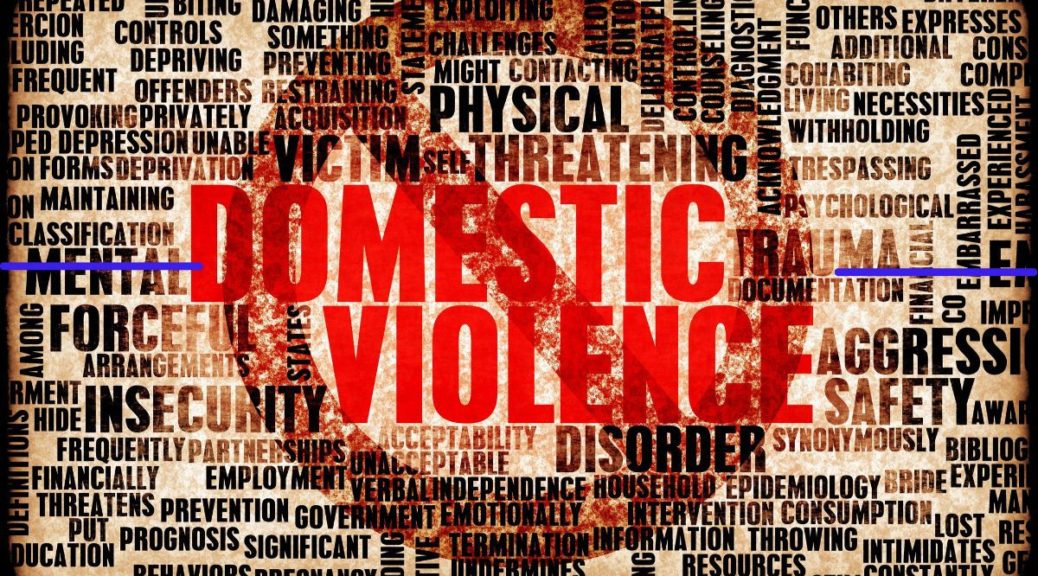Spousal support and child support are often two of the most contentious issues in a divorce. The person paying support feels the payment is too high. The person receiving support sometimes feels the payment is unfairly low. Calculating support can be challenging. The process becomes more complicated when the payer’s annual income fluctuates for any reason, including bonuses and overtime. In such situations, the judge may sign Smith-Ostler Orders.
California Spousal Support and Child Support
Generally, courts award spousal support to:
“limit any unfair economic impact to a non-wage-earning or lower-wage-earning spouse in a divorce by providing that spouse with an ongoing income.”
Courts consider a number of factors when calculating spousal support, including age, length of the marriage, earning ability, and annual income.
Child support is handled differently. Under California law, both parents are financially responsible for their children. Courts may order one parent to make monthly support payments to the other as a form of being financially responsible. When calculating child support, courts typically consider the amount of time parents spend with their children as well as each parent’s income.
It’s the reliance on annual income that sometimes causes problems. It’s challenging to calculate support when parents earn money from overtime or bonuses that vary from year to year.
Smith vs. Ostler
Victoria Smith and Clyde W. Ostler, Jr., married at age 17. They had four children before divorcing after 21 years of marriage.
At the time of the divorce, Clyde had a high-paying job with a financial institution that included a car allowance, dividends, and an annual bonus. Victoria had worked to put Clyde through college, then became a stay-at-home mom.
As they worked out their marital settlement, Clyde’s income became a point of contention. He wanted the Court to consider only his base salary. Victoria felt his bonus had been an integral part of the family’s annual income.
The family court ordered Clyde to pay spousal support to Victoria and child support for his two minor children. Clyde was also ordered to pay a percentage of his future bonuses to Vicki for herself and child support.
Clyde appealed the bonus part of his support order, but the appellate court affirmed the lower court’s order.
This divorce lends its name to Smith-Ostler Orders currently issued regarding an ex-spouse’s future bonus payments.
Smith-Ostler Orders Are Just One Factor Affecting Your Support.
Courts consider many actors before awarding spousal support and child support.
And support negotiations can get messy.
We strongly recommend that you talk to an experienced California divorce attorney about your divorce. Please call us at (415) 293-8314 to schedule a confidential appointment with one of our attorneys. Ms. Burger is a California Certified Family Law Specialist and founder of the Law Offices of Judy L. Burger. We assist clients in California’s Northern to Central Coast, including San Francisco, Beverly Hills, Gold River, San Diego, Santa Barbara, Ventura/Oxnard, and surrounding communities.





